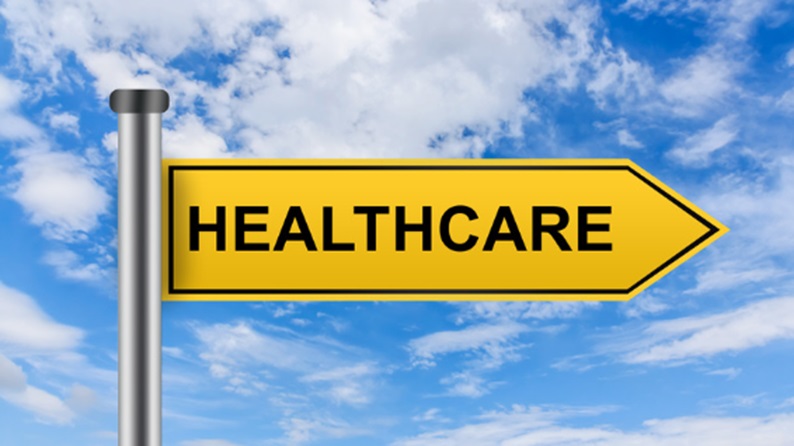In the ever-evolving world of healthcare, technology plays an increasingly important role in ensuring quality care for patients. However, with this increasing reliance on technology comes a higher risk of data breaches and other security incidents. To mitigate these risks, many healthcare organizations are implementing healthcare GRC (Governance, Risk, and Compliance) programs. In this article, we will explore the importance of GRC in modern healthcare environments.
What is GRC?
GRC stands for Governance, Risk, and Compliance. It is an integrated approach to managing an organization’s governance, risk management, and compliance processes. GRC helps organizations understand their risk exposure and implement controls to mitigate those risks in line with regulatory requirements and industry best practices.
The Importance of GRC in Modern Healthcare
In the healthcare industry, GRC is particularly important due to the sensitive nature of patient data. Medical records contain personal information such as social security numbers, medical history, and financial information that can be valuable to hackers. A data breach in a healthcare organization can have severe consequences, including identity theft, financial loss, and damage to the organization’s reputation.
GRC helps healthcare organizations stay compliant with regulations such as HIPAA (Health Insurance Portability and Accountability Act) and implement security measures to protect patient data, which is why it’s important to know some key things about GRC and its implementation.
Governance
Governance refers to the policies and procedures put in place to ensure that an organization is operating ethically, effectively, and in line with legal requirements. In healthcare, good governance means having strong leadership, clear communication channels, and transparent decision-making processes. With GRC, healthcare organizations can establish a framework for governing their operations and ensure that the organization is aligned with its goals and values.
Risk Management
Risk management is the process of identifying, assessing, and managing potential risks to an organization. In healthcare, risks can come in many forms, including cyber-attacks, natural disasters, and operational failures. GRC allows healthcare organizations to proactively identify potential risks and implement controls to mitigate them.
Compliance
Compliance refers to following rules and regulations set by governing bodies such as government agencies or industry associations. In healthcare, compliance is crucial because organizations must adhere to strict regulations to protect patient data. GRC helps healthcare organizations stay up to date with regulatory changes and ensures that they are compliant with all applicable laws and standards.
Benefits of Implementing GRC in Healthcare
Implementing a strong GRC program in a healthcare organization can bring numerous benefits, including:
- Improved security
By identifying and mitigating potential risks, GRC can help healthcare organizations improve their security and protect sensitive patient data.
- Cost savings
Data breaches and other security incidents can be costly for organizations, both financially and in terms of reputation. GRC helps prevent these incidents, resulting in cost savings for the organization.
- Regulatory compliance
With a comprehensive GRC program, healthcare organizations can stay compliant with regulations such as HIPAA and avoid penalties and fines for non-compliance.
- Better decision-making
GRC provides a framework for decision-making, ensuring that decisions align with the organization’s goals and values.
Conclusion
In today’s healthcare landscape, where data breaches are becoming increasingly common, GRC is crucial for protecting patient data and maintaining compliance. By implementing an integrated approach to governance, risk management, and compliance, healthcare organizations can improve their security, reduce costs, and make better decisions. As technology continues to play a significant role in healthcare, GRC will only become more critical for ensuring the safety and privacy of patient data.



